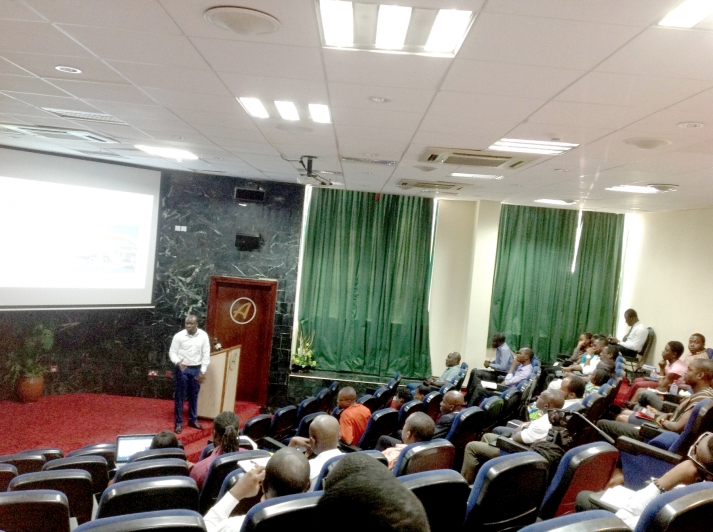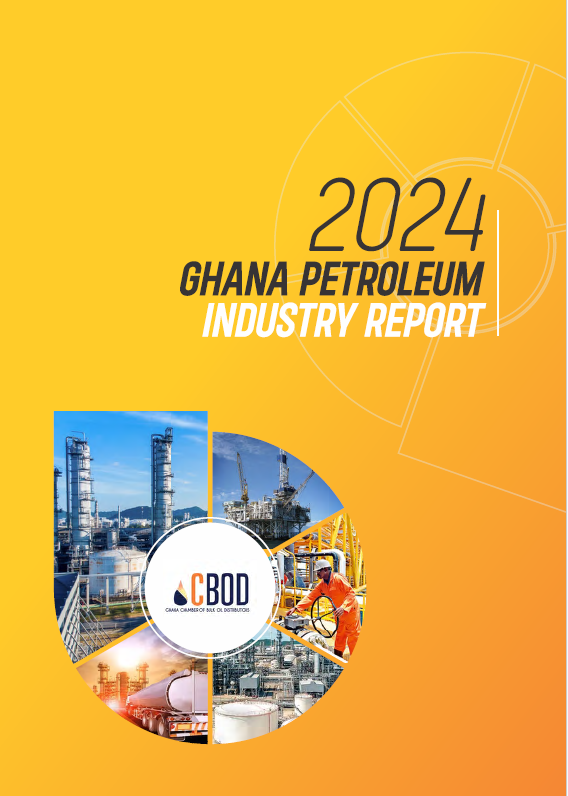The Chief Executive Officer of the Ghana Chamber of Bulk Oil Distributors (CBOD), Mr Senyo Hosi, has advocated the use of the forces of demand and supply to determine fuel prices, as is the case with some commodities.
That, he maintained, would help the bulk oil distribution companies (BDCs) ensure sustained supply of fuel.
Speaking at a media interaction in Accra yesterday, Mr Hosi said instead of raising questions over the impact of fuel price increases on the poor, stakeholders and managers of the economy should be concerned about how the government could mitigate the impact on vulnerable sectors.
He said ensuring an efficient transport system, for instance, would be one of such measures to mitigate fuel price increases on the people.
The implementation of a free market policy, he said, would free the government from paying subsidies and huge bills in relation to the debt owed by the Tema Oil Refinery (TOR) and invest the money in productive sectors.
It would also free the BDCs from bearing the huge financial liability of the government resulting from subsidies on fuel that were not repaid to the companies and enable them to become strong Ghanaian businesses that could compete with international oil distribution companies.
Prices and subsidies
Mr Hosi cautioned that if the status quo of multiple taxes and levies on petroleum products, on the one hand, and the imposition of petroleum subsidies, on the other, persisted, the economy would collapse, as the BDCs would be so much indebted to banks.
Currently, the government’s indebtedness to the BDCs as a result of subsidies is more than $800 million.
Taking journalists through the computation of fuel prices, Mr Hosi said the deregulation of the petroleum sector, which began in 2006, was in its final stage of price liberalisation, which is based on full cost recovery by the BDCs and other players in the downstream petroleum sector.
He said the pricing model being used in Ghana now was the import parity model, which is to ensure a standard price across the country, with an international market reference as the basis.
He explained that most often what the public described as the prevailing crude price, which had to dictate fuel prices locally, was actually the price being monitored as a reference for setting prices for the future.
Thus the world market price from May 12 to 26 was monitored to determine prices locally from June 1 to 15, coupled with the depreciation of the cedi, which was inimical to the businesses of the BDCs.
Politics of petroleum
“The pricing mechanism, which includes taxes and levies set by the government but approved by Parliament, the TOR debt recovery levy and the whole regime of subsidies, created a cyclical phenomenon termed “the politics of petroleum”, he said.
He said the time was ripe for all to dispassionately discuss the issues and was hopeful that with the engagement of the IMF in the economy, there was room to change the status quo.
–
By: graphic.com.gh





